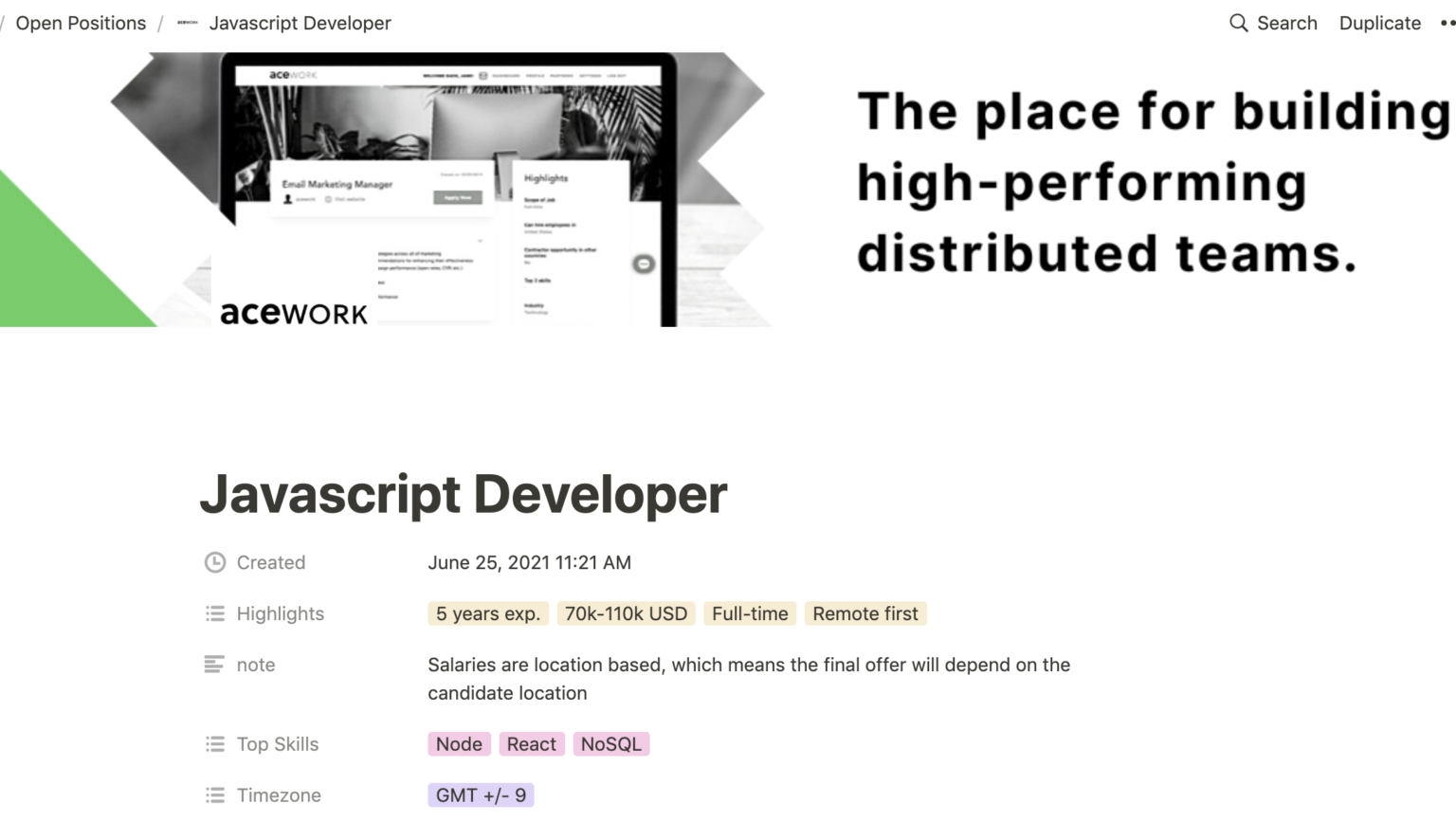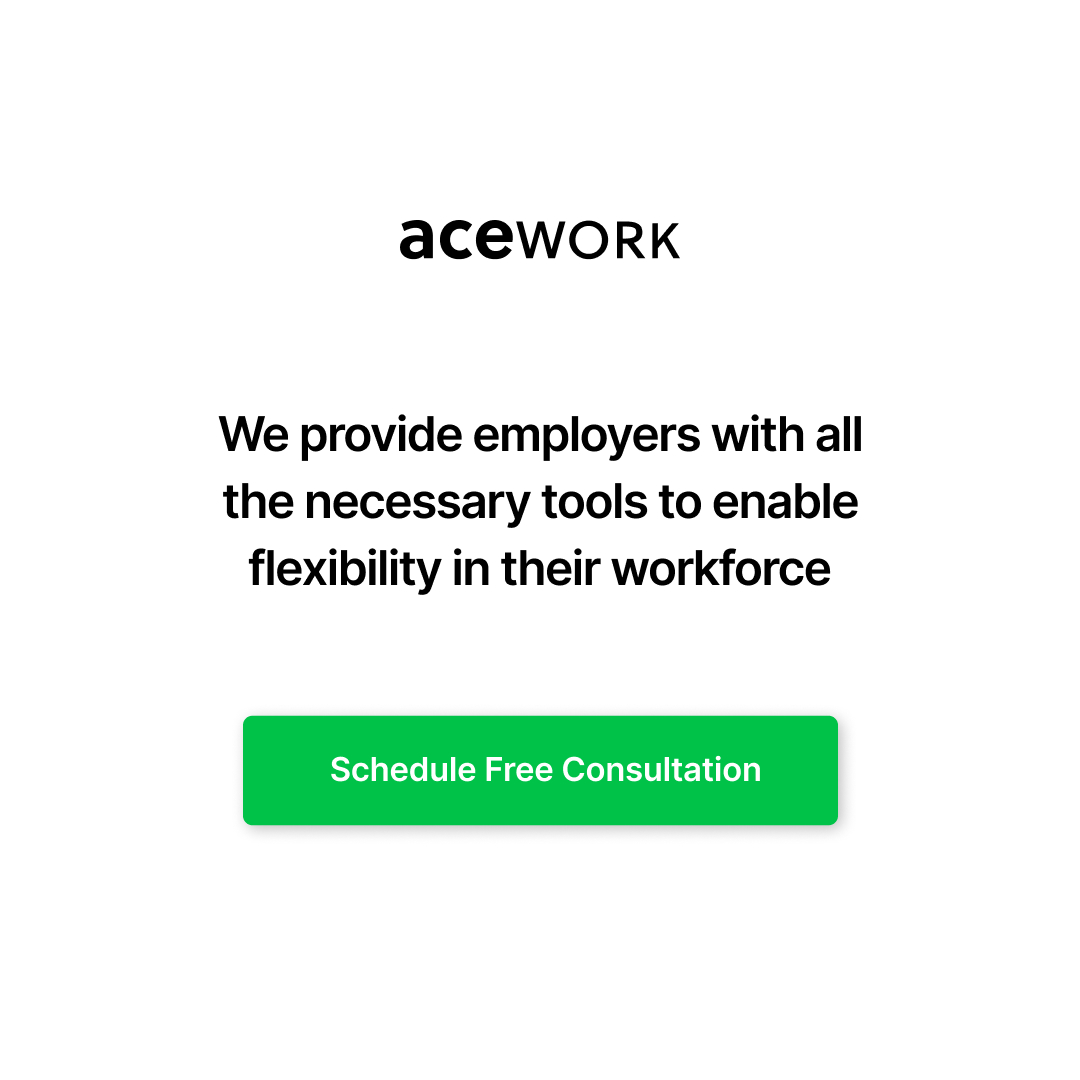We all know developers get lots of job offers on a daily basis, but not all of those openings are aligned with candidates’ experience and backgrounds. This is one of the main reasons why developers and tech recruiters have a “tense” relationship. You can find many jokes about a tech person and a recruiter interacting, mainly making fun of IT recruiters! You can even read some really funny threads on “Slack’s Engineers channels” making you wish the ground would swallow you up! This is why it’s even more important to build those strong candidate relationships from the start.
Recruiters have tons of openings to place and they need to do it fast (most of the time). Tech stack keeps updating and it’s hard to keep track of it if you are not actually developing. One way to do this is to implement templates and automation tools to be more efficient. But like any other relationship, fostering the candidate relationship also takes time and care. We need to be aware that faster is not necessarily better and it doesn’t build long-term relationships. We all want to reach out to big talent pools and get the best response rate possible. This could work short term but it won’t grow a solid network and result in successful placements.
If you are kicking off your virtual recruiting career, before jumping into our next tips, you may want to check out our last post about best practices on recruiting for flexible roles.
As the world has turned virtual, both recruiters and candidates now have even more access to conferences, meetings with people in different countries, and networking opportunities around the world. It has become normal to even create “friendships” on professional platforms like Slack. Still, building candidate relationships in a virtual context has its tricks.
Here are our top 10 tips on how to build strong candidate relationships:
1. Don’t be too aggressive:
When it comes to reaching out through sourcing platforms, promoting your company or building your employer brand, you want to make sure your target candidates really get your message and feel attracted to it. However there is always the risk of sounding “too good to be true”. You want to be really cautious not to sound like a salesperson.
Flexible and remote setups had a deep impact on recruiting, allowing us not only to expand the pool of talent further, but also force recruiters to update their tech skills. This has allowed us to contact candidates in a more creative way, from resources to the format. There are many sourcing platforms out there that will help you get to those hard-to-find devs. But you still need to work on your messaging and innovative ways to stand out from the rest of the recruiters.
2. Share the right information:
Share the information the candidate really needs to know. Even before recruiting had gone almost fully virtual, we already had access to platforms like Glassdoor or Payscale that can indicate the market salary for a position or the average salary of a company. We all work for monetary compensation, and even if this is not the only incentive, it is a dealbreaker for many. There is no point in keeping this till last. If you manage these topics naturally and openly, your candidates will really appreciate it. This also shows you are well informed of what the salary market is and you can provide insight to bring more perspective.
As international and remote hiring keeps on growing, salaries will become a more complex topic to address which also affects recruiting strategies. Many companies are choosing location based salary strategies and others go for the equal pay for equal work philosophy. In order to keep expectations straight and not to disappoint our candidates, we make sure to be clear from the start about our client salary strategy. You can see how we do it at the acework job board, see an example in the screenshot below.

You can discuss this topic in a safe environment where both can learn from each other and foster a relationship of respect and learning.
3. Stay real!
As we were saying, candidates’ inboxes get filled with job offers. If you worked hard on tip #1 and mastered virtual recruiting and sourcing skills, you’d probably get your emails read and get the candidate into a call. You want to release the most attractive hooks of the offer but also why that person could match with the role. That’s basic for a solid online outreach message but what happens once you get the candidate in the recruiting cycle?
The most important thing that we must do as interviewers is maintaining open ears and open minds! Understand what the candidate is telling us. We must ask specific questions in order to find out if the candidate has the skills needed for the position and in acework’s case also if they are “remote ready“. However, after checking the musts, the best practice is to just listen. When you listen carefully, you can be sure you’ll better understand each person’s needs. Your candidate will be able to tell and feel you really care about his or her priorities and not only achieve your goal. This is the foundation of a long term relationship. That candidate might not be the right person for the opening you need to fill now but it could be the right one for the next one or even could know someone to refer you to. Personally, I’ve experienced the fruits of nurturing these types of relationships and it really makes a difference. We are all people, and looking for a job to suit your life is not easy.
⚡⚡⚡How to fill your talent pipeline with remote-ready talent. Download Free Step-by-Step Guide⚡⚡⚡
4. Share your own stories:
We spend most of our time working and the money we make supports all we need and want in life. As in-house recruiters, we have to keep this in mind when creating a new JD or briefing our Talent Advisory team on the new opening.
We ask a lot of questions, some are strictly professional but in the end, this greatly affects our personal lives. Nowadays accepting a job at a flexible company or a distributed team has become standard (or almost, we are getting there), so it’s important to build and manage a strong candidate relationship. This can then help candidates to open up and ask more in-depth real questions.
It is only fair that we also put ourselves into the conversations. For example, If you are talking about the candidate’s start day, you can share your opinion as HR. Even better if you share a personal story on how you handle a situation where you needed to leave the job earlier. This can quickly develop a common bond and help your talent advisor to better brief your company culture to candidates.
5. There is nothing wrong with not knowing:

Recruiters are not software engineers. So it’s nice to ask and show you like to learn about their job. You bring expertise on the recruitment, market and HR topics, not on the tech stack and this is how we bring value. It’s important that you understand what you are talking about, that you can differentiate a coding language from another. More importantly it’s important that you understand the business side and what their projects will be about. For example: Is it a product, it’s a consultancy, is it a greenfield project or maintenance? This way you can explain the challenge to the candidate but the rest of the tech details are questions for the CTO or tech team. Asking questions and not being afraid of saying you don’t know shows you are real and honest.
6. You only have 2 hands!
Set the expectations right. You’re not a robot and keeping up with all the emails, and messages is really hard. So it’s only normal that you automate part of the virtual hiring process. Some candidates think automated messages are not accurate. The recommendation here would be to avoid this bad perception by letting them know how your process works in advance. For example; You will receive some automatic messages from our platform to follow up. If you need anything in between please reach out.
If you explain the reason for this automation it will eliminate the feeling of missing the human touch.
7. Get involved in the community:

Not only to recruit! Provide valuable expertise, get dirty and provide your opinion on different topics, have fun with the stories they share. Get involved and create your virtual presence. It could be on Slack channels, virtual events, forums or others!
Another amazing example of getting involved in the community and promoting a good cause is MigraCode Barcelona. They act as a bridge between the demand for skilled people in the tech sector and people with a migration background. They are working hard to to build a large community of companies and students to foster both labor integration as well as social inclusion.
8. Taking good notes could help you in the future!
We interview many people each week and sometimes it’s hard to remember everything people tell us. To help your memory, it’s important to make well structured and organised notes during the interviews (a good ATS will help you with that). This will help you connect people with roles easier, recommend someone you have in common, or even just share something interesting you discussed in the call.
9. Show your face:
When recruiting worldwide and doing the full cycle online it’s easy to lose human touch. Using video to simulate a face-to-face encounter, even if it’s for a 15-minute call will have much better impact. If you are still only doing telephone recruiting, then you are missing out on a very beneficial tool that will boost your recruiting outcomes.
10. “People will forget what you did but not how you make them feel”

Depending on the stage of the process where the candidate was rejected it makes sense to provide certain information. If the candidate is advanced in the process, it is worth putting some time into the feedback. Taking 10 minutes to do a video or phone call is not common practice as it takes a lot of time. However, if you have the time it will definitely make an impact
At acework we nurture our network by taking good care of candidate relationships. We like to keep communication informal and warm. It’s always a great feeling when we reach out again for other roles at different companies or when a candidate refers to some colleagues for the role we are working on. We believe nurturing our candidates’ relations reflects well on us and also has a great impact on our client employer brand. Delivering a great candidate experience definitely boosts hiring results.
At acework, we enable businesses to build their successful distributed workforce. We can help you find and hire experienced professionals looking for flexible career opportunities. Our advisory creates actionable strategies for companies based on their culture, processes, and business needs. Schedule a free strategy session to start building your high performing diverse and distributed team.
If you are a candidate looking for work, don’t forget to visit our job board and save it to your favourites. We regularly post new roles there.







